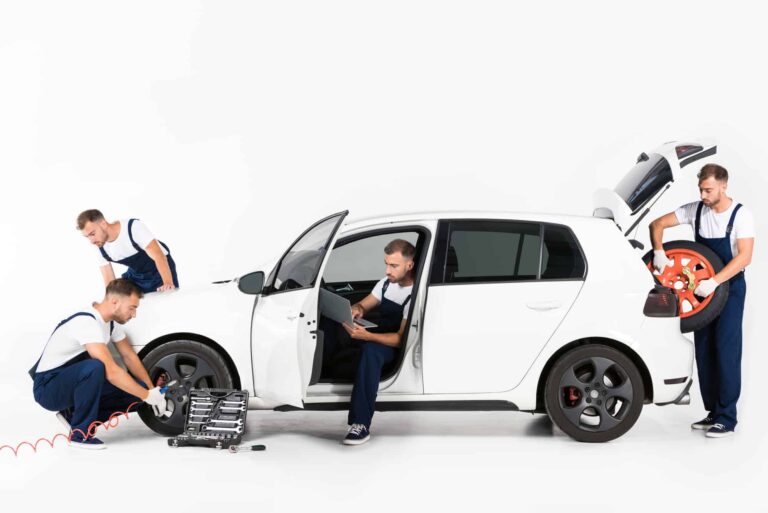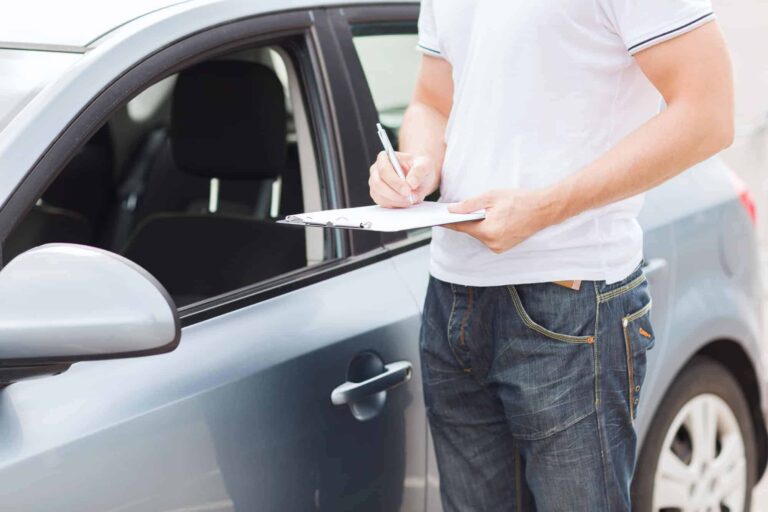Your Vehicle Identification Number (VIN) is never that much of a secret. In fact, it is in plain sight. Anyone who walks up to your windshield and peers at a plate stamped to your dashboard can see this information. It can also be found by simply using VIN lookup or searching your license plate number.
Willingly sharing your VIN when trying to sell your car can help you establish a strong relationship with potential buyers or professional dealers rooted in honesty and transparency, look for the right buyer, and get a fair price for your vehicle. However, giving this information can expose you to the risk of different scams, like VIN cloning.
What Is VIN Cloning?
VIN cloning is the process of stealing a legally-owned vehicle’s identity by transferring it onto a stolen car. The thieves usually head to a dealership or parking lot in a different state looking for an unsuspecting vehicle of the same make and model they stole, writing the VIN down, and using this information to change documentation. When this happens, the cloned car VIN is used to hide the theft, and the stolen vehicle gets a legitimate VIN plate.
Another way to clone VIN is to steal the VIN plate off of a registered vehicle. Thieves usually cut it out of the car’s frame and then use it on their stolen car of the same make and model.
What Are the Other Risks of Sharing My VIN?
Your VIN can be stolen and be used to submit a false tax return. There are only a limited number of reported cases for this kind of risk, but you could face some serious penalties if someone files a false tax return using your VIN. For instance, you can have a hard time getting your tax return documents approved.
In addition, your VIN shows your personal information. Anyone who can access it can easily find out about your identity and other important details, such as your home address, age, and nationality. When they fall into the wrong hands, thieves can use these details for identity theft.
How Do I Protect Myself from VIN Cloning?
Sharing your VIN can help you sell your car faster, but you can be at risk of VIN cloning. To protect yourself from falling victim to this kind of scam, pass your information directly onto potential buyers and avoid posting it on websites or online ads.
You can also meet with prospective buyers in-person to ensure honesty and transparency. Doing this also lets you provide them with sufficient information about your vehicle, including its model, manufacturer, and history. This practice may seem troublesome for you, but it helps you build your credibility as a responsible and trustworthy car seller.
Conclusion
Potential buyers usually ask for VINs to check your vehicle’s history and help them make informed decisions when buying a used car. As a seller, willingly giving out your information when dealing with car transactions allows the vehicle selling process to move along. However, it makes you at risk of different scams, such as VIN cloning, identity theft, and falling victim to a false tax return. Fortunately, you can ensure your safety by following the tips mentioned in this guide and staying vigilant.
If you’re looking for a trusted VIN check to access your vehicle history report to show your potential buyers, you can count on zipVIN. We offer the most comprehensive and updated vehicle history information at affordable rates. Contact us today!






